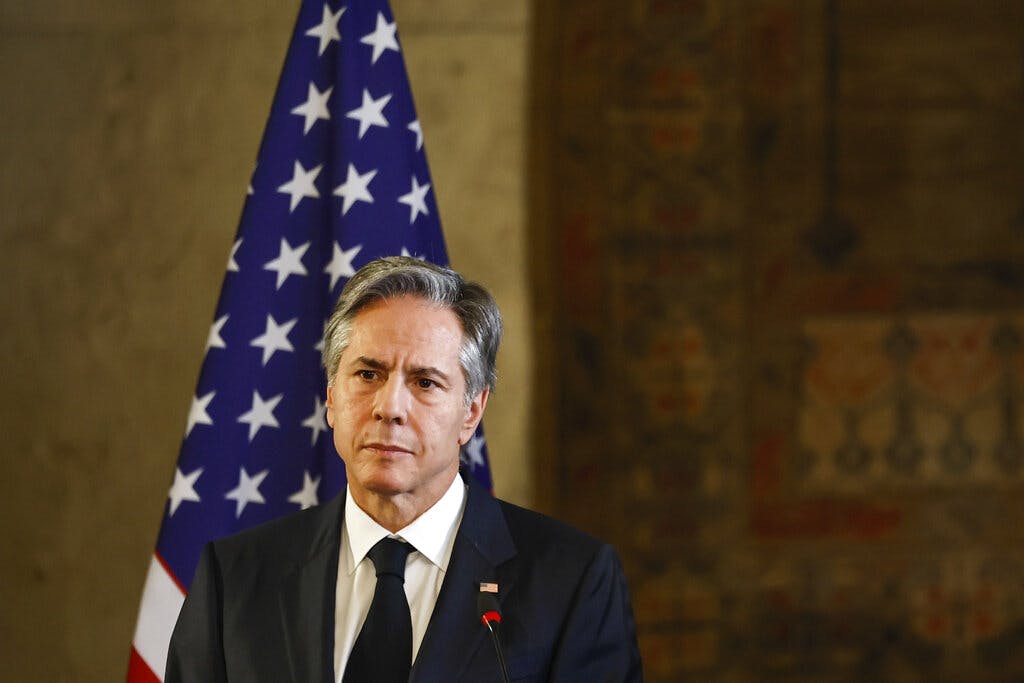
‘Wildcat Banking’: Bitcoin Prices Plunge as Crypto Selloff Picks Up Pace
By LUKE FUNK
|The American ambiguity ‘shows a lack of resolve and will incentivize Beijing to test the administration,’ a former assistant secretary of state says.

Already have a subscription? Sign in to continue reading
$0.01/day for 60 days
Cancel anytime
By continuing you agree to our Privacy Policy and Terms of Service.

By LUKE FUNK
|
By LAWRENCE KUDLOW
|
By MATTHEW RICE
|
By THE NEW YORK SUN
|
By BENNY AVNI
|
By BRADLEY CORTRIGHT
|
By CARLOS SOUSA
|
By LUKE FUNK
|